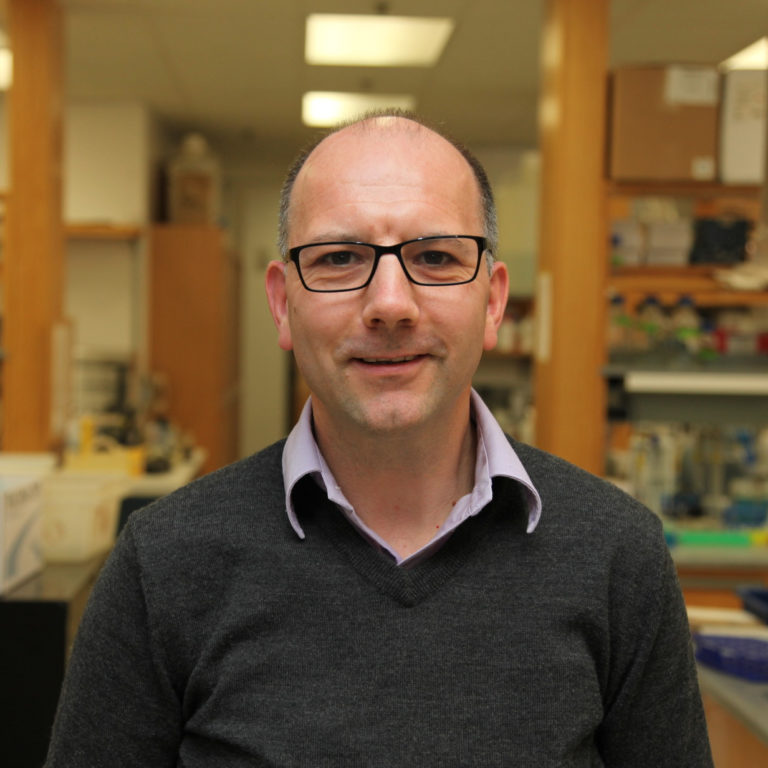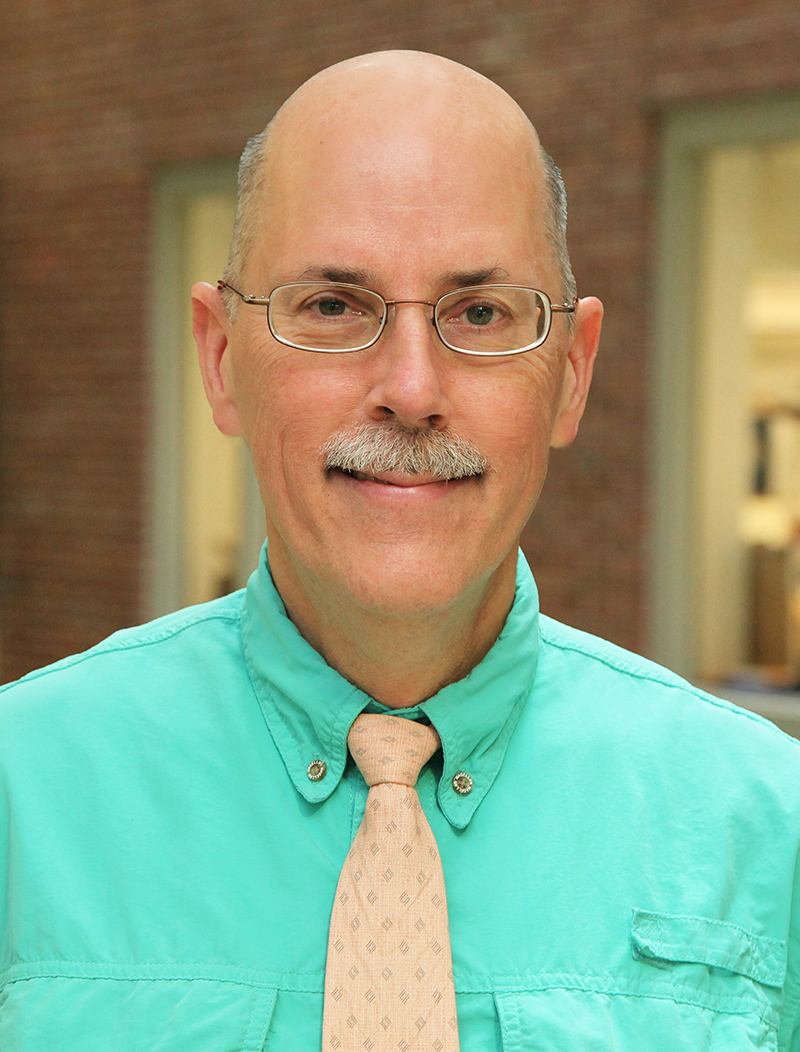News
Dean’s Faculty Fellows program recognizes Neuert
Feb. 17, 2021—By Lorena Infante Lara, February 15, 2021 Assistant Professor of Biochemistry Yi Ren and Assistant Professor of Molecular Physiology and Biophysics Gregor Neuert have been recognized as School of Medicine Basic Sciences Dean’s Faculty Fellows. Established in 2020, the Dean’s Faculty Fellows program in Basic Sciences is designed to recognize the efforts of faculty in...
Vanderbilt chemist wins Sloan Research Fellowship
Feb. 17, 2021—by Ann Marie Deer Owens Feb. 16, 2021, 9:22 AM Assistant Professor of Chemistry Steven Townsend (Susan Urmy/Vanderbilt) Assistant Professor of Chemistry Steven D. Townsend, PhD’10, has been awarded a 2021 Sloan Research Fellowship, one of the highest honors for young scientists who have the potential to revolutionize their fields of study. Townsend, who previously...
Despite limitations of pandemic, research continues in Basic Sciences
Feb. 10, 2021—Feb. 10, 2021, 8:00 AM By Jenna Somers Vanderbilt researchers are prolific and resolute in their pursuit of transformative research and innovation. During the Research Ramp-up process, more than 3,000 Vanderbilt research personnel have returned to in-person research activities, while many others have continued remotely through perseverance and ingenuity. On campus and at home, they...
Gene network for leukemia factor
Feb. 5, 2021—Feb. 4, 2021, 9:00 AM by Leigh MacMillan Transcription factors — proteins that regulate gene expression — play critical roles in cell fate decisions and are frequent targets of mutation in a variety of human cancers. Understanding how transcription factors contribute to disease requires the identification of their direct gene targets, but traditional methods are time-consuming and make it difficult to...
Study’s findings may help eventually close the door on COVID-19
Jan. 28, 2021—Jan. 28, 2021, 10:05 AM by Bill Snyder Researchers at Vanderbilt University Medical Center and the University of Texas Medical Branch (UTMB) at Galveston have discovered what may be the Achilles’ heel of the coronavirus, a finding that may help close the door on COVID-19 and possibly head off future pandemics. The coronavirus is an...
A protein that can melt tumors discovered at Vanderbilt
Jan. 28, 2021—by Marissa Shapiro Jan. 27, 2021, 9:00 AM For the second time, cancer researchers at Vanderbilt have discovered a protein that—when genetically manipulated to impede it from interacting with a gene responsible for cancer genesis—effectively melts tumors in days. The article, “MYC regulates ribosome biogenesis and mitochondrial gene expression programs through interaction with Host Cell...
Newly discovered molecule disrupts virus infections through protein quality control pathways
Jan. 27, 2021—by Marissa Shapiro Jan. 26, 2021, 9:00 AM A chemical probe molecule—a “first gen” molecule that can be used for drug development—that targets a host cell’s protein quality control pathways can dramatically reduce infection by Dengue and Zika viruses. The research led by Lars Plate, assistant professor of chemistry and biological sciences, is a significant step...
NIH grant bolsters research on heart disease, cholesterol
Jan. 22, 2021—Jan. 21, 2021, 10:39 AM by Bill Snyder Thanks to major funding from the National Institutes of Health (NIH), researchers at Vanderbilt University Medical Center have made major inroads in understanding how high-density lipoprotein (HDL), commonly known as good cholesterol, in some cases may actually contribute to the development of atherosclerosis. But there is...
WIN for blocking cancer growth
Jan. 22, 2021—Jan. 21, 2021, 10:00 AM by Sarah Glass WDR5 is a protein that is overexpressed in a variety of cancers. Inhibiting WDR5 by targeting the WDR5-interaction (WIN) site can inhibit the growth of cancer cells in vitro, but this mechanism of action has not been fully elucidated. Publishing in Cell Reports, William Tansey, PhD, Alissa Guarnaccia and...
Early research shows promise for therapeutics that delay Type 2 Diabetes
Jan. 12, 2021—by Marissa Shapiro Jan. 12, 2021, 9:00 AM Vanderbilt researchers have discovered a unique pathway that initiates islet β cell inflammation—a hallmark of type 2 diabetes—putting them a step closer to developing targeted therapeutics for the disease that affects one in 10 Americans. Wenbiao Chen (Vanderbilt University) The article, “RIPK3-mediated inflammation is a conserved β-cell...








